Popcorn is a favorite snack for many people, often enjoyed during movie nights or as a light, crunchy treat. But if you're a dog owner, you might be wondering: can dogs eat popcorn? While popcorn itself isn't toxic to dogs, there are important factors to consider before you let your furry friend indulge. This article explores the benefits, risks, and best practices to safely sharing popcorn with your canine companion.
Is Popcorn Safe For Dogs?
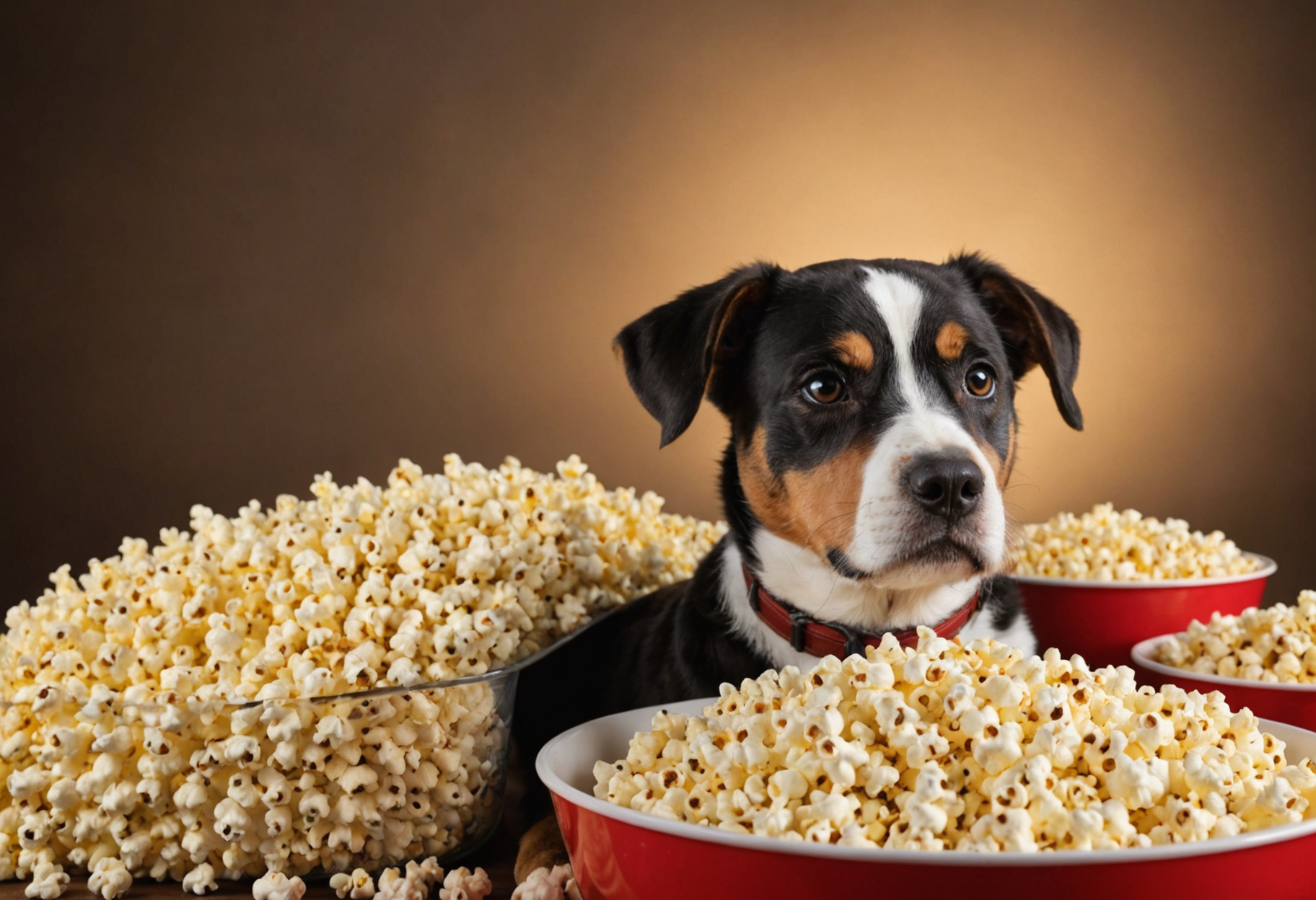
When served plain and in moderation, popcorn can be a safe snack for dogs. Air-popped popcorn without any added butter, salt, or other seasonings contains fiber and a small amount of protein. However, not all popcorn is created equal, and the toppings we humans love can be harmful to our pets. Before you toss your pup a handful, it’s vital to know what type of popcorn is dog-friendly.
The Nutritional Value Of Popcorn For Dogs
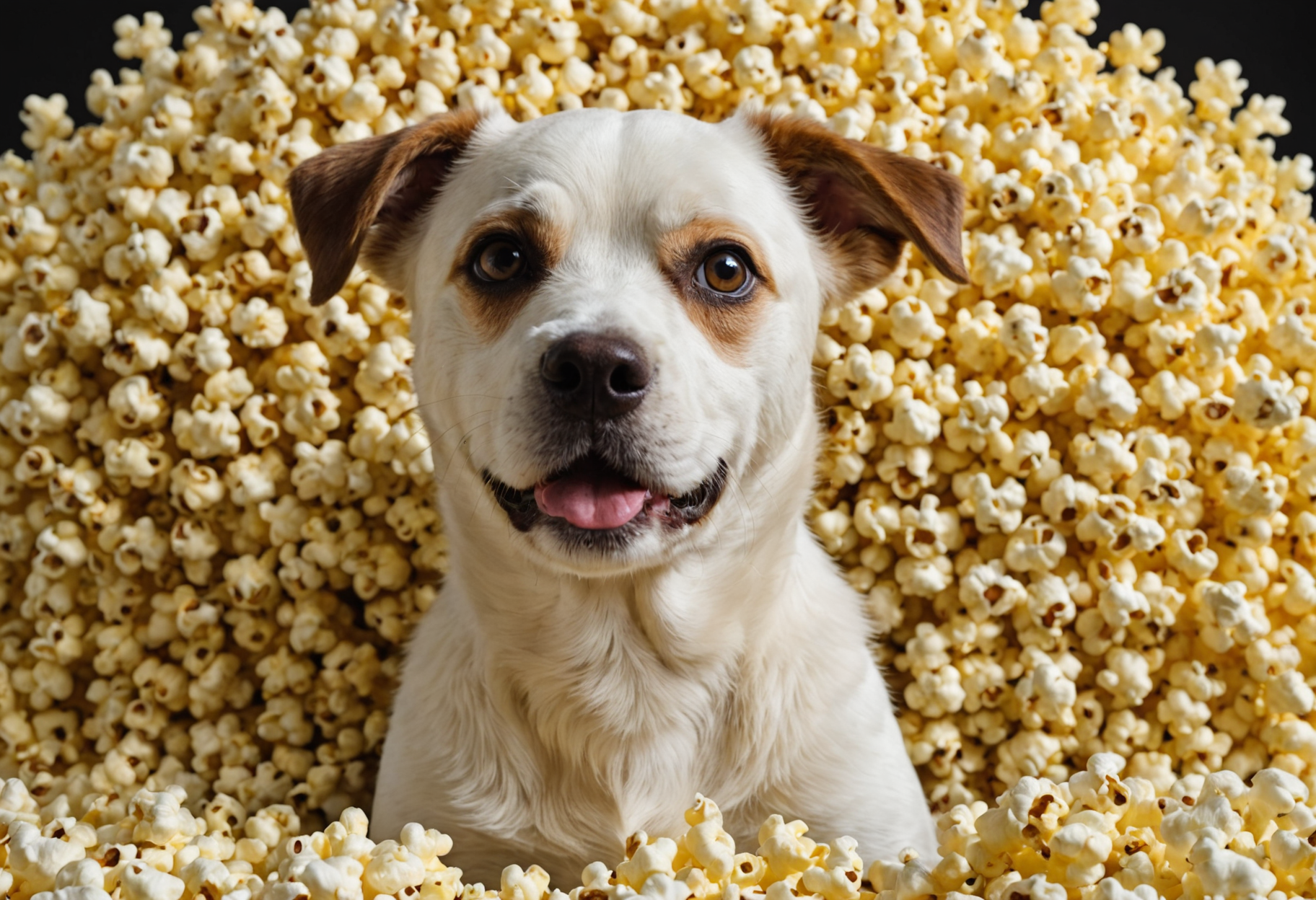
Popcorn offers some nutritional benefits, including dietary fiber which can help with digestion. It also contains small amounts of minerals like magnesium, phosphorus, and zinc. While these nutrients are not essential in a dog’s diet, they aren't harmful when consumed occasionally and in limited amounts. Still, popcorn should never replace your dog’s regular, balanced meals.
Why Buttered Popcorn Is A No-Go
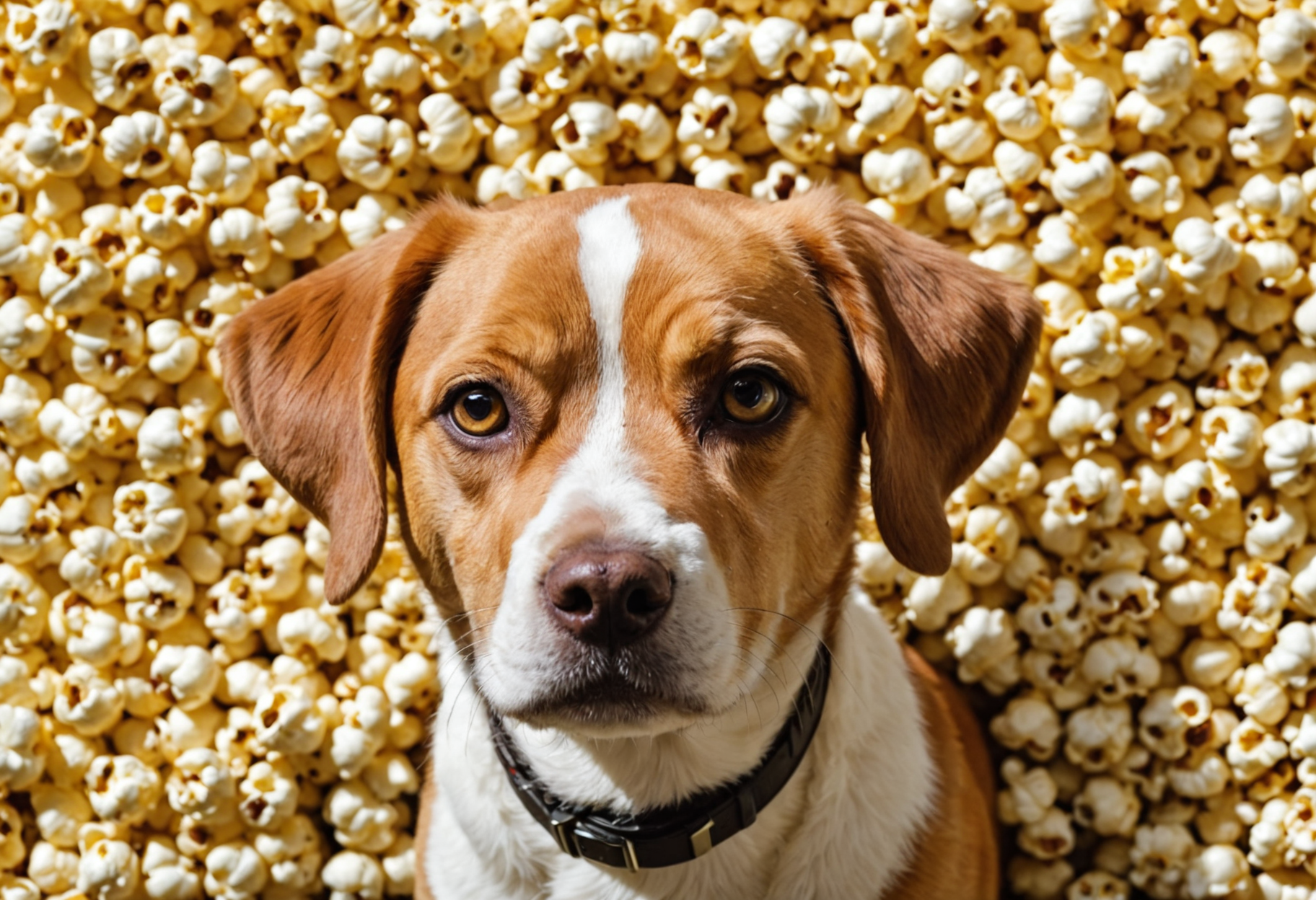
Can Dogs Eat Popcorn with butter? The answer is no. Buttered popcorn is unhealthy for dogs due to the high fat and salt content. These additives can upset your dog’s stomach, lead to obesity, or contribute to pancreatitis over time. Always avoid giving your dog seasoned or flavored popcorn, including caramel or cheese-covered varieties.
Choking Hazards And Unpopped Kernels
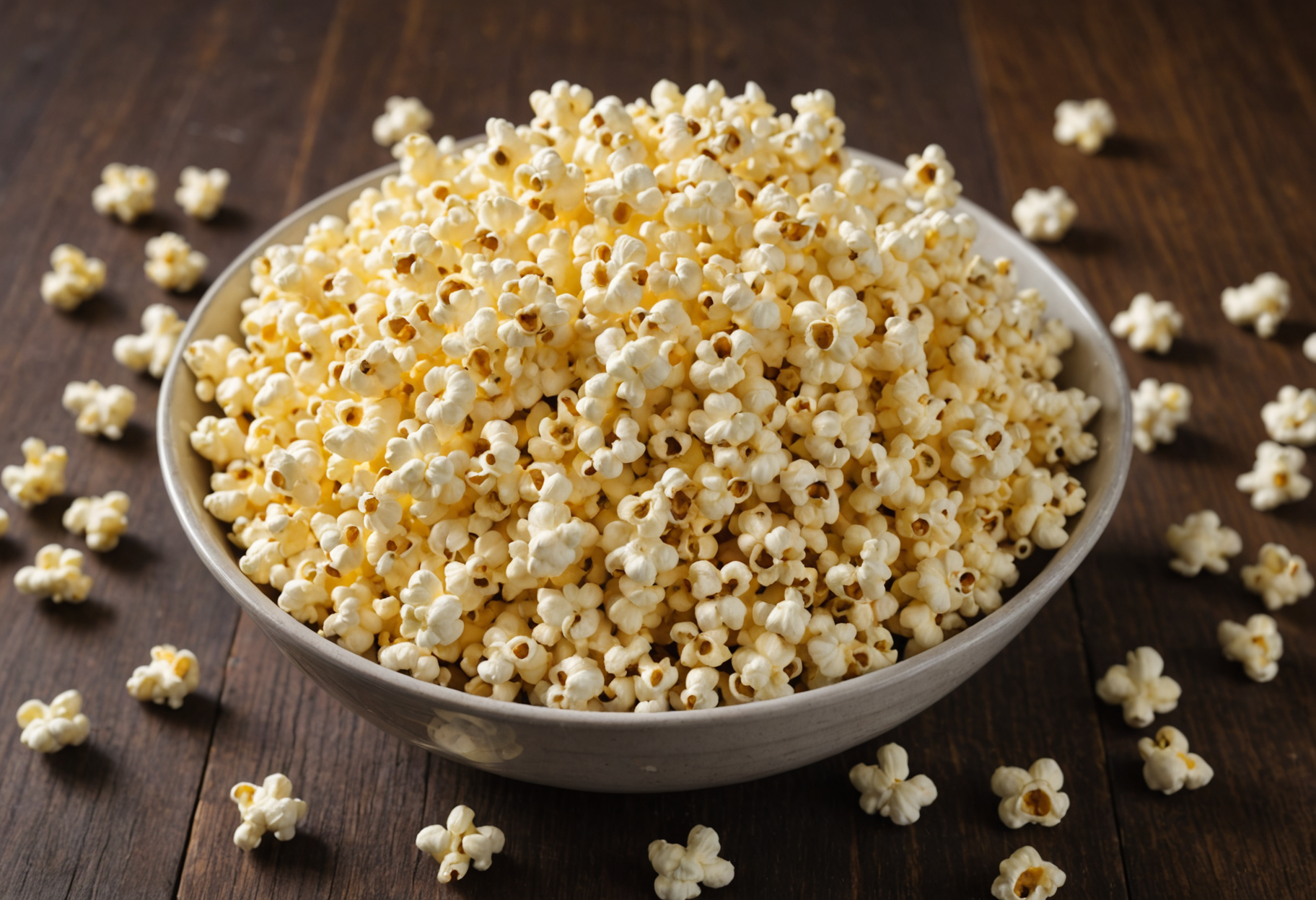
Besides ingredients, the texture of popcorn can pose risks. Unpopped or partially popped kernels can be tough and may pose a choking hazard, especially for small dogs. Hard kernels can also damage your dog’s teeth or become lodged in their gums. Always make sure the popcorn pieces you feed your dog are fully popped and soft enough to chew.
How Much Popcorn Can Dogs Eat?
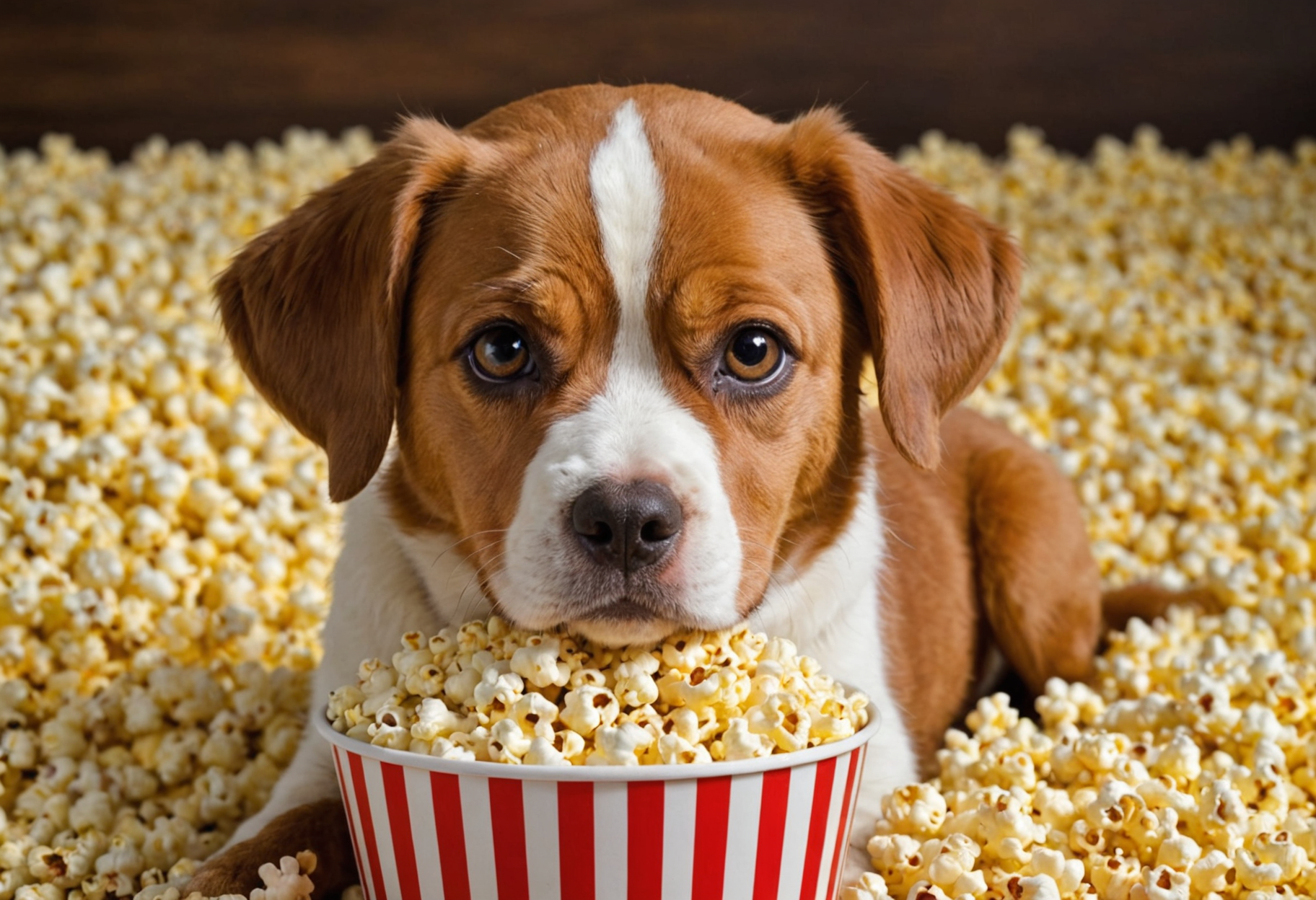
Moderation is key when it comes to dogs and popcorn. A few plain, air-popped kernels can be a fun treat on occasion, but it shouldn't become a regular part of your dog's diet. Treats should only make up about 10% of your dog’s daily caloric intake, so adjust portion sizes based on your dog's size, weight, and activity level.
Signs Your Dog May Be Having A Reaction

Even if popcorn is safe in small amounts, some dogs may have food sensitivities or allergies. Watch out for symptoms like vomiting, diarrhea, itching, or general discomfort after your dog eats popcorn. If you notice any of these signs, it’s best to contact your veterinarian for advice and discontinue feeding popcorn altogether.
Healthier Alternatives To Popcorn
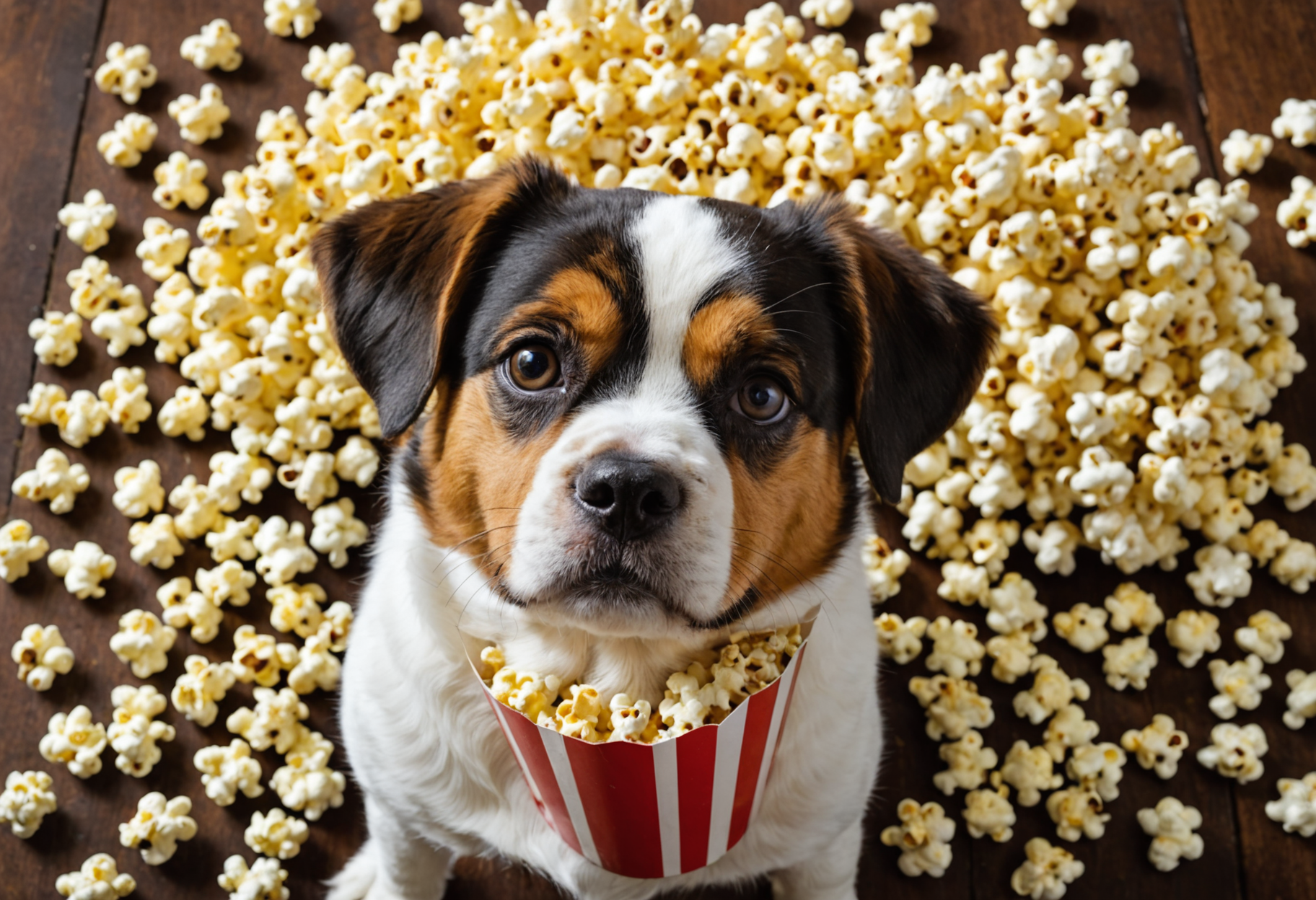
If you’re looking for safer, healthier treats for your pet, there are many dog-friendly options. Carrot sticks, apple slices (without seeds), or commercially available dog treats made with natural ingredients are excellent alternatives. These snacks offer nutritional benefits without the potential risks associated with popcorn.
Tips For Serving Popcorn To Your Dog
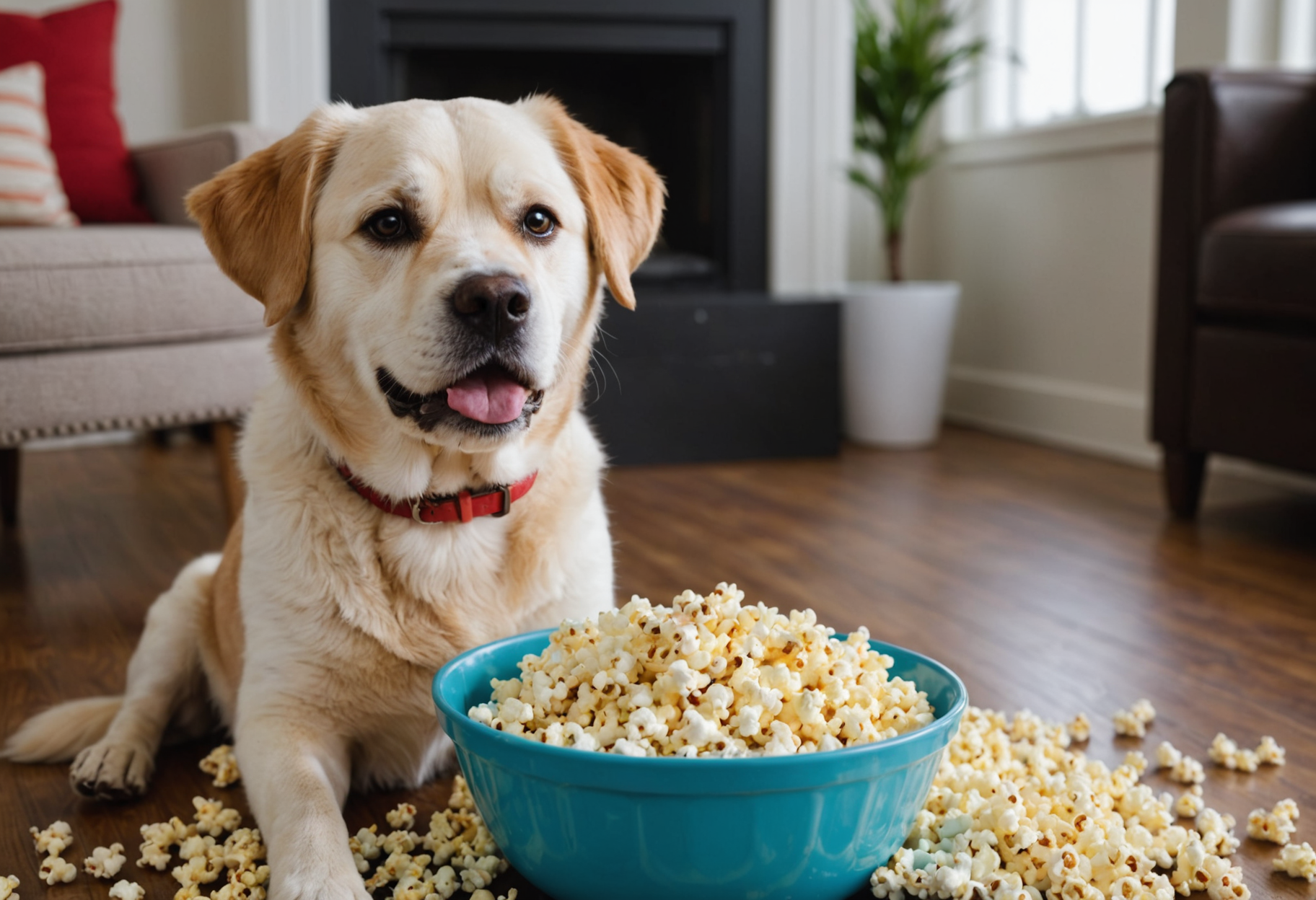
If you decide to treat your dog to popcorn, make sure it’s air-popped and completely plain—no butter, salt, or seasonings. Break the popcorn into small, manageable pieces and monitor your dog as they eat. Never leave a bowl of popcorn unattended within paw’s reach. Serving it sparingly and safely is the best approach.
When To Call The Vet
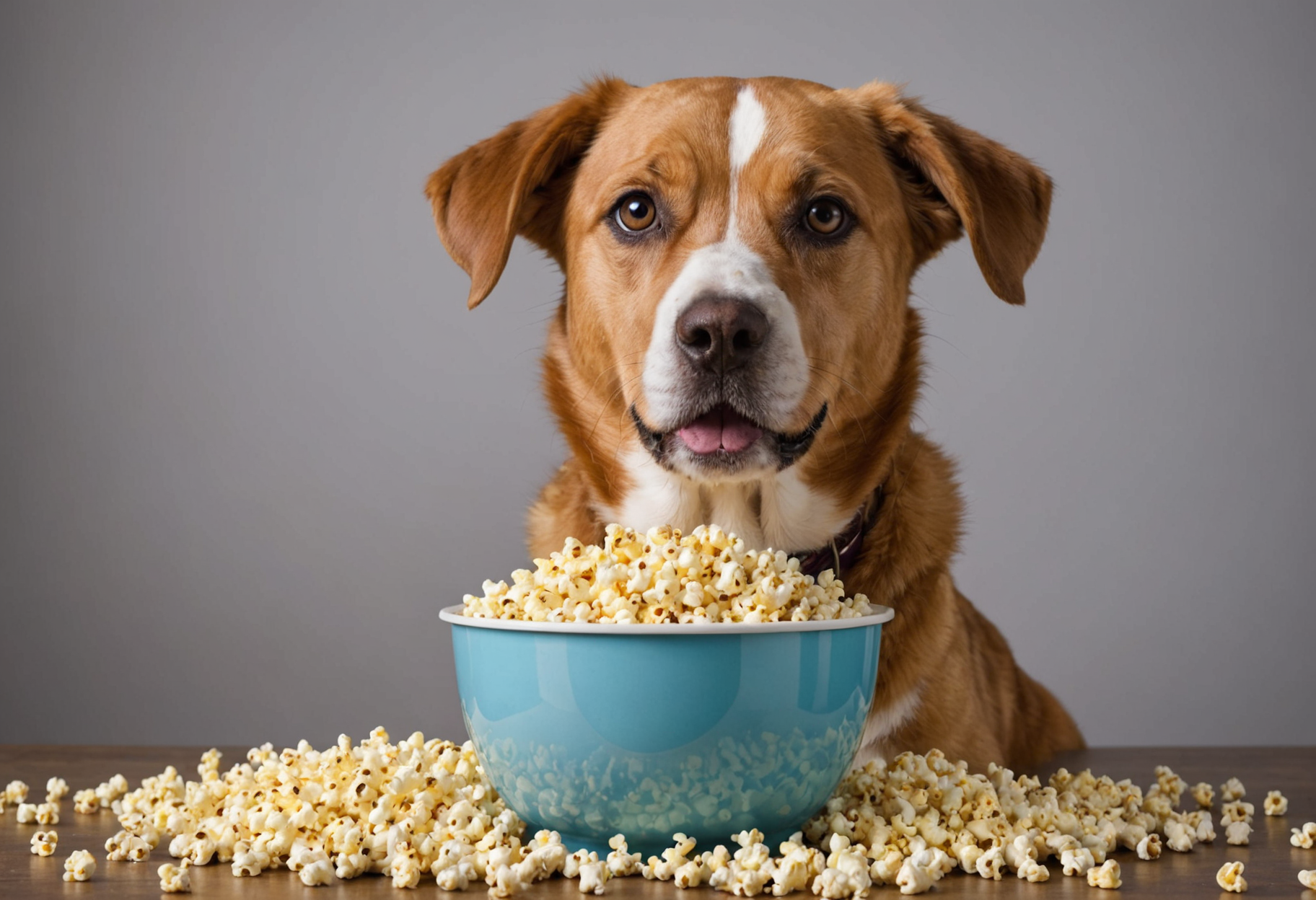
If your dog accidentally eats a large amount of popcorn or popcorn with butter and salt, keep an eye out for symptoms like bloating, vomiting, lethargy, or diarrhea. In such cases, it's best to call your veterinarian promptly. Quick action can help prevent more serious health issues from developing due to inappropriate snacks.
So, can dogs eat popcorn? Yes, but with caution. Plain, air-popped popcorn can be an occasional and safe treat for most dogs, as long as it’s served correctly and in moderation. Avoid flavored or buttered varieties, keep portions small, and always supervise your pup during treat time. When in doubt, consult your vet to be sure you’re making the healthiest choices for your furry friend.


